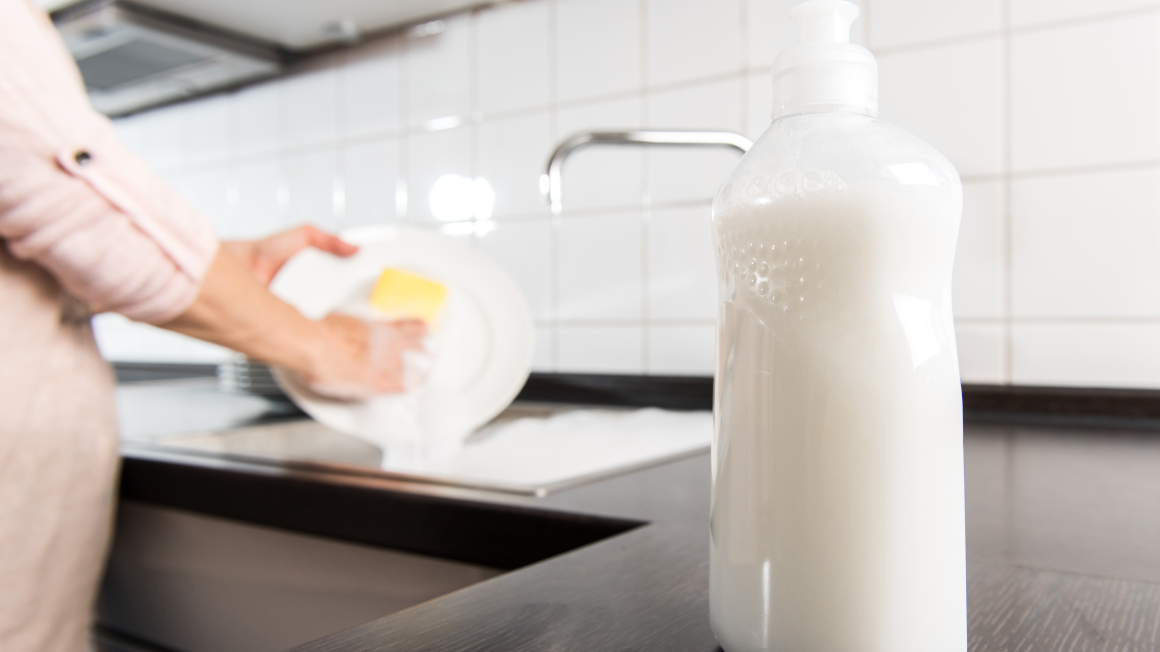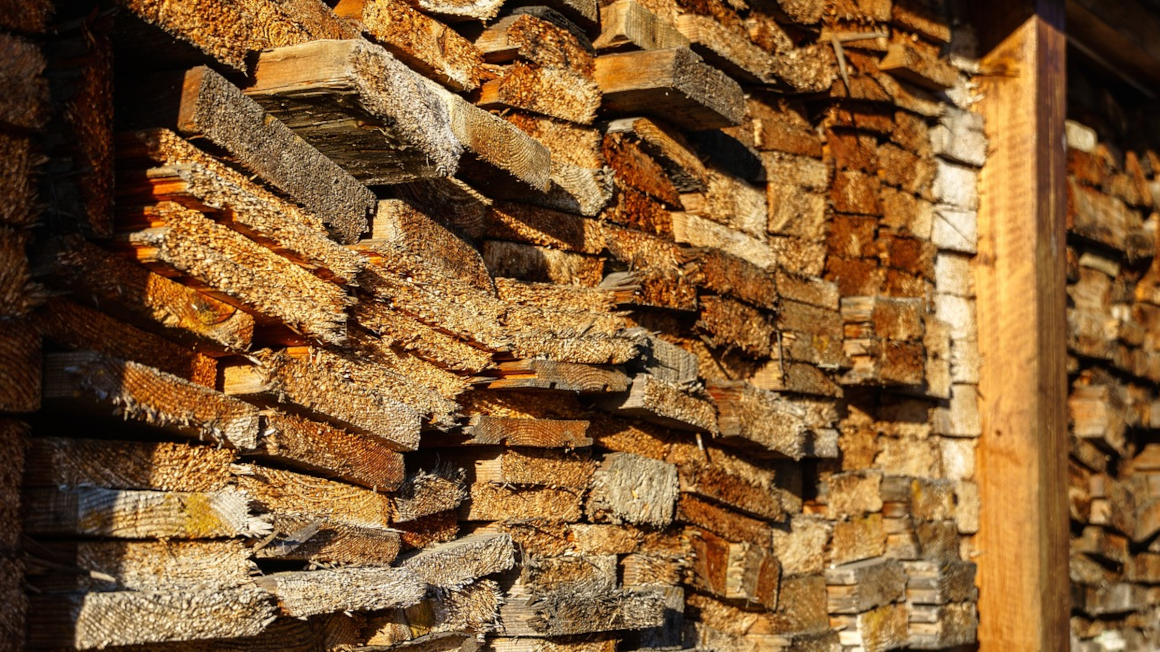Evonik expands biosurfactant production
The Essen-based specialty chemicals group wants to completely ban petroleum-based ingredients from its laundry and cleaning products by 2030 and replace them with biodegradable raw materials instead.

Whether dishwashing detergents, laundry producte or household cleaners: When it comes to dirt, manufacturers rely on surfactants. Until now, the majority of these surfactants have been produced synthetically. They are based on petroleum, are often not very skin-friendly and usually pollute the environment. But the trend is moving toward biosurfactants. These are produced by microorganisms from renewable raw materials and are biodegradable. The specialty chemicals group Evonik now wants to expand its biosurfactant production and has announced that it will invest a three-digit million sum in the construction of a new plant in Slovakia for the production of biobased lipids.
First large-scale production of rhamnolipids
At Evonik's site in Slovenská Ľupča, so-called rhamnolipids are to be produced. They are produced by fermenting sugar and are completely biodegradable. The range of applications is broad, extending beyond cleaning agents to personal care. According to the company, it is the world's first plant to produce rhamnolipids on an industrial scale. "By building the world's first production plant of this size, we can supply the rapidly growing market with excellent quality," says Johann-Caspar Gammelin, head of Evonik's Nutrition & Care Division. "At the same time, we are further expanding the share of system solutions in Nutrition & Care."
Evonik expands partnership with Unilever
The investment in the Slovakian site also strengthens Evonik's partnership with the consumer goods group Unilever, which has been in place since 2019, and further expands its own market presence in the field of biosurfactants. "The journey of Rhamnolipids from the initial idea to the finished product was long - and it was worth it. This partnership with Unilever is a result of our expertise in biotechnology," says Harald Schwager, Evonik's Chief Innovation Officer.
Replace petroleum-based ingredients completely
The long-term goal of the partnership is to completely eliminate petroleum-based ingredients from laundry and home care products. "Rhamnolipids make a significant contribution to our Clean Future initiative, which aims to completely replace fossil carbon in our cleaning products by 2030," says Peter Dekkers, Executive Vice President Middle Europe at Unilever. Evonik's new plant in Slovakia is scheduled to come on stream in two years.
bb


